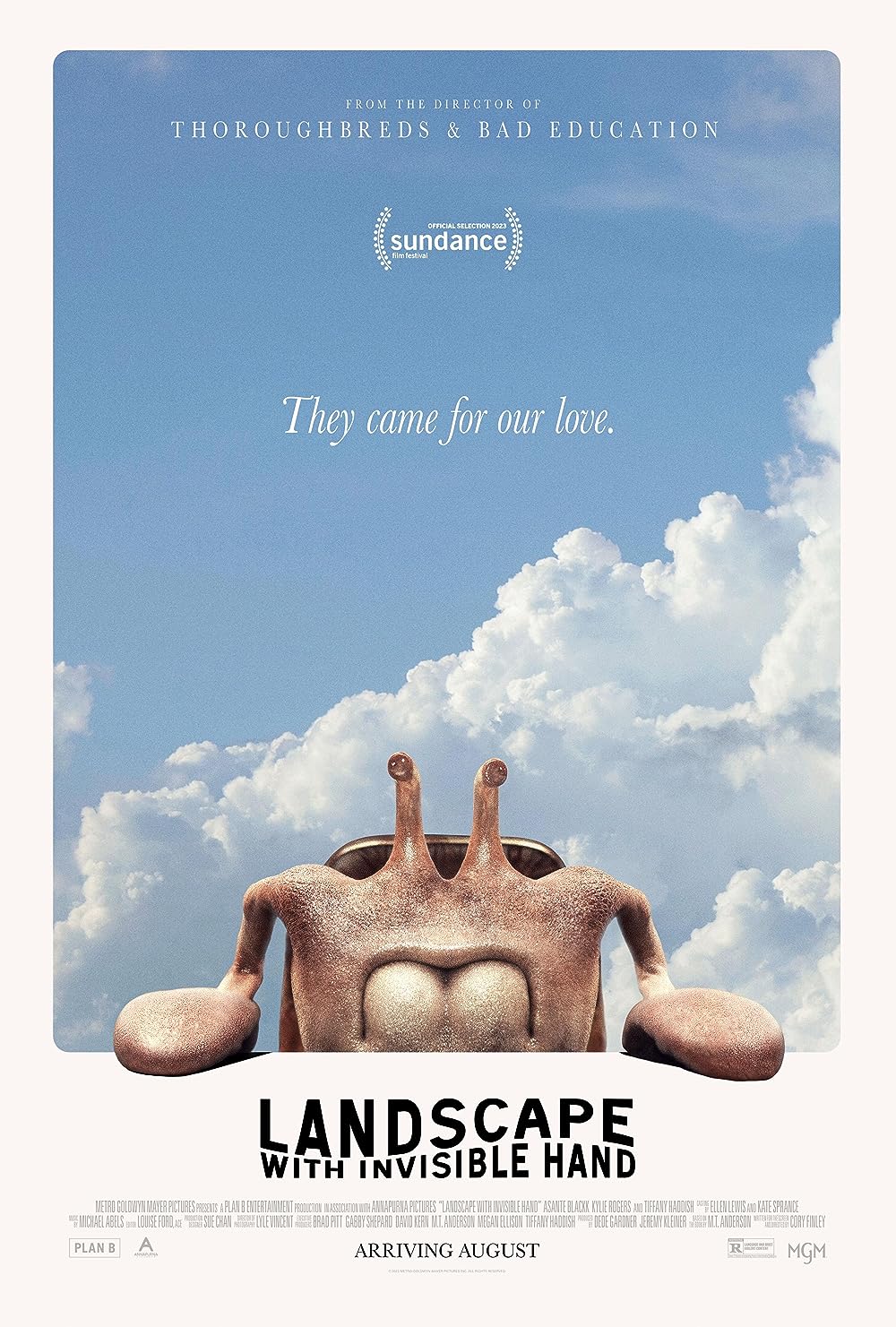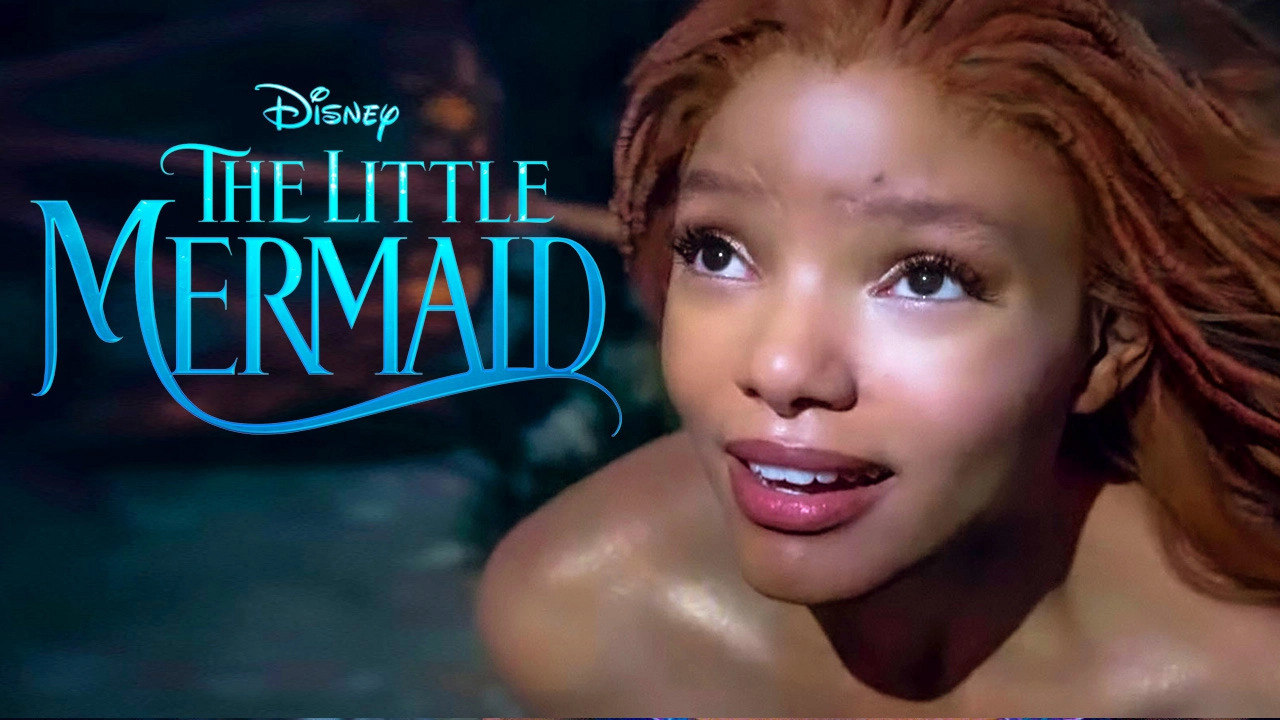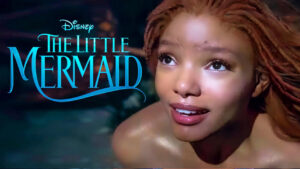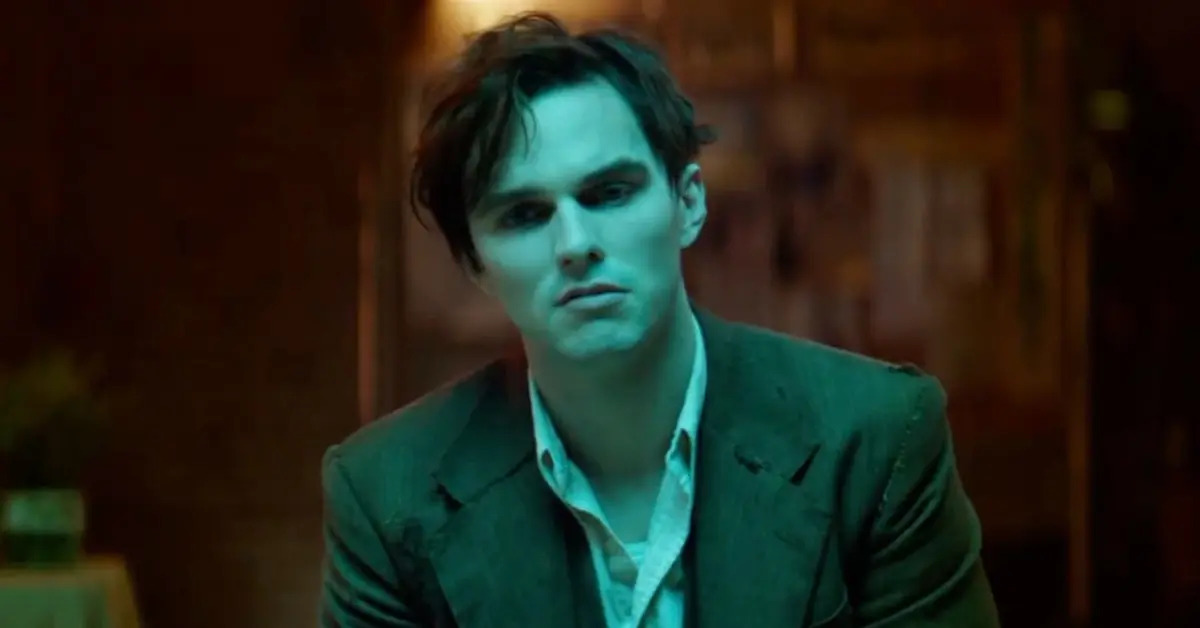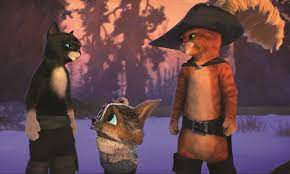Landscape with Invisible Hand
Posted on August 17, 2023 at 11:30 am
B +| Lowest Recommended Age: | High School |
| MPAA Rating: | Rated R for language and brief violent content |
| Profanity: | Strong language |
| Alcohol/ Drugs: | Alcohol |
| Violence/ Scariness: | Suicide by gun |
| Diversity Issues: | A theme of the movie |
| Date Released to Theaters: | August 18, 2023 |
Wherever you think this is going, I can guarantee you will be surprised. Based on the book by National Book Award winner M.T. Anderson, “Landscape with Invisible Hand” is a story about the aftermath of an alien invasion of Earth, but not like one we’ve seen before. This is not about evil invaders like “War of the Worlds,” “The Tomorrow War,” “Independence Day,” or benign, wise aliens like “The Day the Earth Stood Still,” “Close Encounters of the Third Kind,” and “E.T.” These aliens, called vuvv, do not look like giant insects, robots, or humans. They look like a cross between a big slab of pink tofu and a rectangular sofa cushion, with two big front teeth. One character calls them “squishy coffee tables.” They communicate by scraping their flippers together and the rasping sounds are translated by little bluetooth speaker-like boxes.

The movie takes place a few years after they have colonized the Earth and siphoned off its wealth and resources. We are brought up to date over the opening credits, with a theramin-influenced score that is a throwback to 50’s sci-fi. We see a series of drawings, labeled as though they are in a museum, with titles, dates, and identification of media. The first is a very young child’s portrait of his family, and then we see his skill grow over the years. There is a drawing of a family Christmas. There is a drawing of a bustling market. And then there is a drawing of the market after the arrival of the aliens. It is empty of food and customers.
The artist is Adam Campbell (Asante Blackk), a high school student who lives with his mother, Beth (Tiffany Haddish) and sister Natalie (Brooklynn MacKinzie). Like most adults who have not sold out to the vuvv, Beth is unemployed, but they still have their home, which makes them much better off than most people. Adam impulsively offers their basement to Chloe Marsh (Kylie Rogers of “Yellowstone”), a new classmate who has been living in the family car with her anxious father (Josh Hamilton) and surly brother Hunter (Michael Gandolfini). Chloe and Adam like each other, and that creates an opportunity.
The vuvv are curious about human culture, especially romance. They pay to watch it. So Chloe and Adam attach sensors to their foreheads and start racking up views and money. That does not go well, And then things really take a turn.
That turn is strange and it gets stranger, in smart and interesting and thought-provoking ways I will not spoil. It is refreshing especially in what is usually the slowest time of year for movies to see one that is willing to challenge the audience. That applies to the small details, from the design of the vcvvs and their settings to the mixture of humiliation and resentment in the male Marshes, the way some humans adjust their appearances to more closely resemble the vuvv, the difference between two characters, each seen only in a single brief scene calibrate their priorities about their interactions with the aliens. And its message about art and its significance to those who create it and those who observe it, comes through with great clarity.
Parents should know that this film includes some strong language and a suicide by gun. It is offscreen but we see the blood splatter. There are some sexual references and brief underage drinking.
Family discussion: What parallels are there between the vuvv and historical colonizers? What does this movie say about the importance of art?
If you like this, try: The book by M.T. Anderson and the film “Upside Down”

